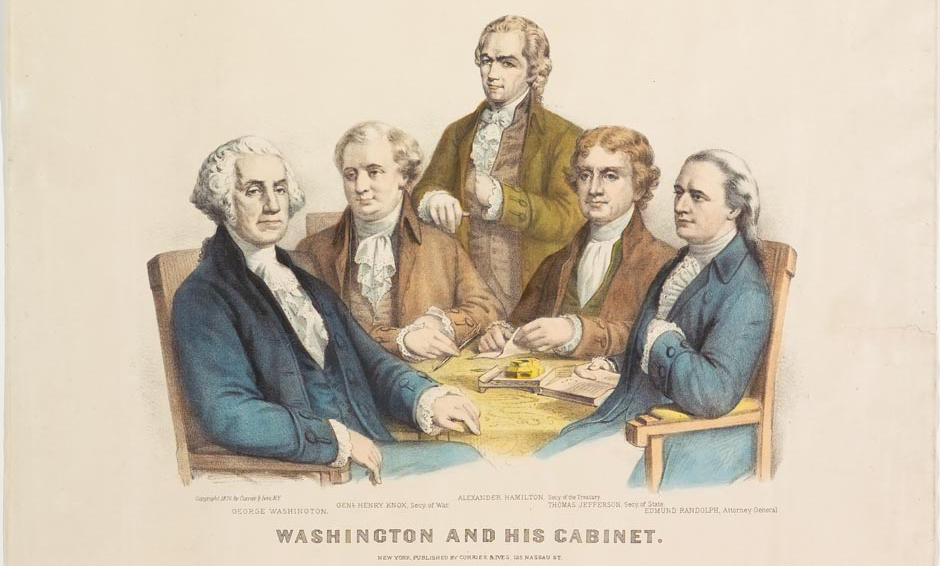Authors:
Historic Era: Era 3: Revolution and the New Nation (1754-1820s)
Historic Theme:
Subject:
February/March 2021 | Volume 66, Issue 2


Authors:
Historic Era: Era 3: Revolution and the New Nation (1754-1820s)
Historic Theme:
Subject:
February/March 2021 | Volume 66, Issue 2
Historians have reached no consensus in their interpretations of the administrations of George Washington and John Adams, but two statements can be made with little fear of contradiction. At the senior levels of the executive department during the first decade of the national government, there was no behavior that can unequivocally be described as misconduct in office. Yet there has never been a time in the American past when allegations of misuse of executive power and suspicions of administration motives have assumed a tone more extreme.
These paradoxical statements can be understood only by reference to the context of a distinctive age. The Federal Period was a stage in the American Revolution, the time when the Founders sought to put their political principles into effect on the national level. To them, this was a project for the ages, one that would determine the future of liberty in the world. Every important action had to be taken in light of revolutionary principle and with a view toward the many generations who would live with the results. The nature of the age thus shaped its leaders' conduct. It also made certain that their actions would be judged in the harshest light.

Washington and the men around him came to their national offices as heroes of a great revolution, their places in history already secure. Valuing so highly their reputations with the people and posterity, Presidents Washington and Adams and their advisers seldom slipped from a rigid standard of personal integrity and scrupulous regard for the laws.
As much, perhaps, as men can be, they were simply above the kinds of conduct that later generations have come to associate with the abuse of power.
There was one point on which most Americans did agree: it would be extremely difficult — perhaps impossible — to provide a single, republican government over so vast and varied a country. Certainly, each step at this beginning would have to be watched with the most conscientious suspicion, so that a hard-won liberty would not be lost. Such was the atmosphere of the Federal years, 1789-1801, and in this atmosphere it proved impossible for leaders to avoid the charge that their conduct was not only corrupt but deliberately inimical to the liberty they were